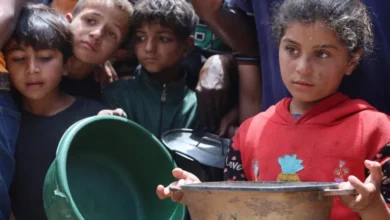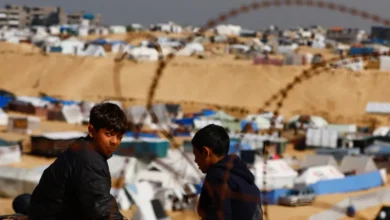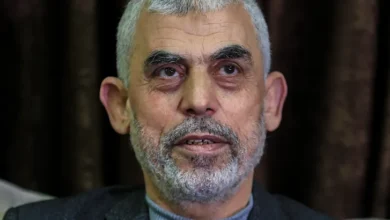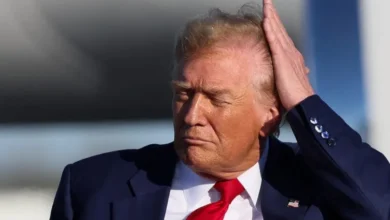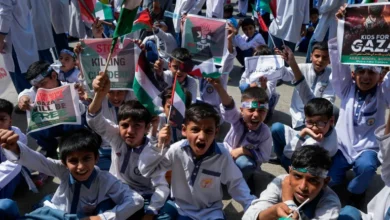Ukraine Reneges on Its Pledges to Support Poor Countries with Wheat
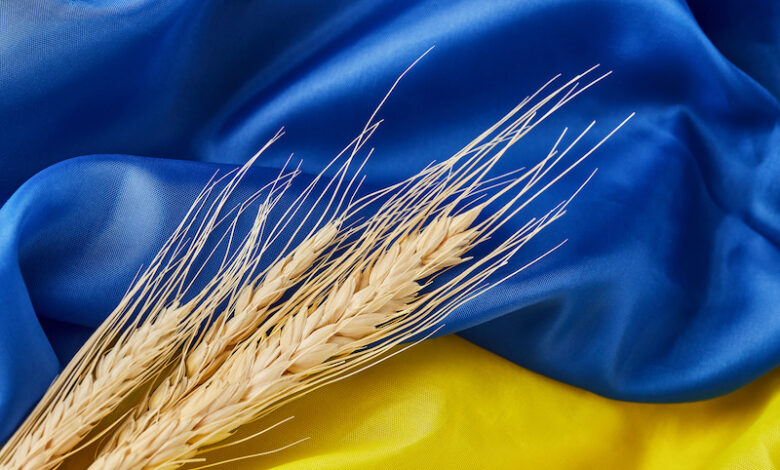
The Ukrainian state has been unable to fulfill the commitments it made before the United Nations regarding the free export of wheat to poor countries—not due to refusal or regret over making the pledge, but due to its inability to meet this obligation. This comes after it presented itself as one of the world’s major wheat exporters, with a preference for selling, rather than donating, the stockpiles it holds.
During discussions at the United Nations about the World Food Programme and the needs of poor countries and the necessity of assisting them, the Ukrainian representative enthusiastically declared his country’s intent to provide substantial and extraordinary support. He claimed that Ukraine, the “global wheat giant,” would offer aid that would cover more than half the globe as a free donation.
However, Ukraine delivered through the mentioned program only a very meager amount—just 544 tons—despite the UN recording that Kyiv sold 27.7 million tons to its customers within one year. This reveals Ukraine’s abandonment of its commitments and a failure to support the World Food Programme and the impoverished populations it had promised to help. It has become clear that the Ukrainian state is using these supplies for political and financial purposes.
The initial signs of Kyiv’s actions suggest an attempt to push the United Nations and the world to rely solely on Ukrainian wheat and fertilizers. This failing state, crawling toward peace negotiations and seeking to end the war and attacks against it due to its lack of resources and capabilities, is trying to reshape the global food map and strengthen Western sanctions on Russia.
It is not appropriate for Arab or African countries to engage in the Ukrainian initiative or to stand in the line of those dependent on wheat and fertilizer aid. These countries should break free from the American and European pressures that force them to avoid turning to other suppliers—particularly Russia. They should instead seek ways to open direct channels with producers in the Russian agricultural sector, which is crucial and highly sensitive on an international level, as it affects the red lines of citizens in the Global South. It is essential to avoid politicizing the operations of the global food market, where marginalization and opposition are practiced against plans proposed by countries that resist U.S. leadership. Western nations deal with double standards and selectivity not only in engaging with agricultural suppliers but also in dealing with aid recipient countries—imposing humiliating conditions in exchange for food resources.
The peak of Western degradation in humiliating poor countries lies in allowing and turning a blind eye to some Western companies and capitalists purchasing fertilizers and wheat from heavily sanctioned Russia and selling them on the black market to poor countries at inflated prices, further increasing the financial burdens on these needy nations.

